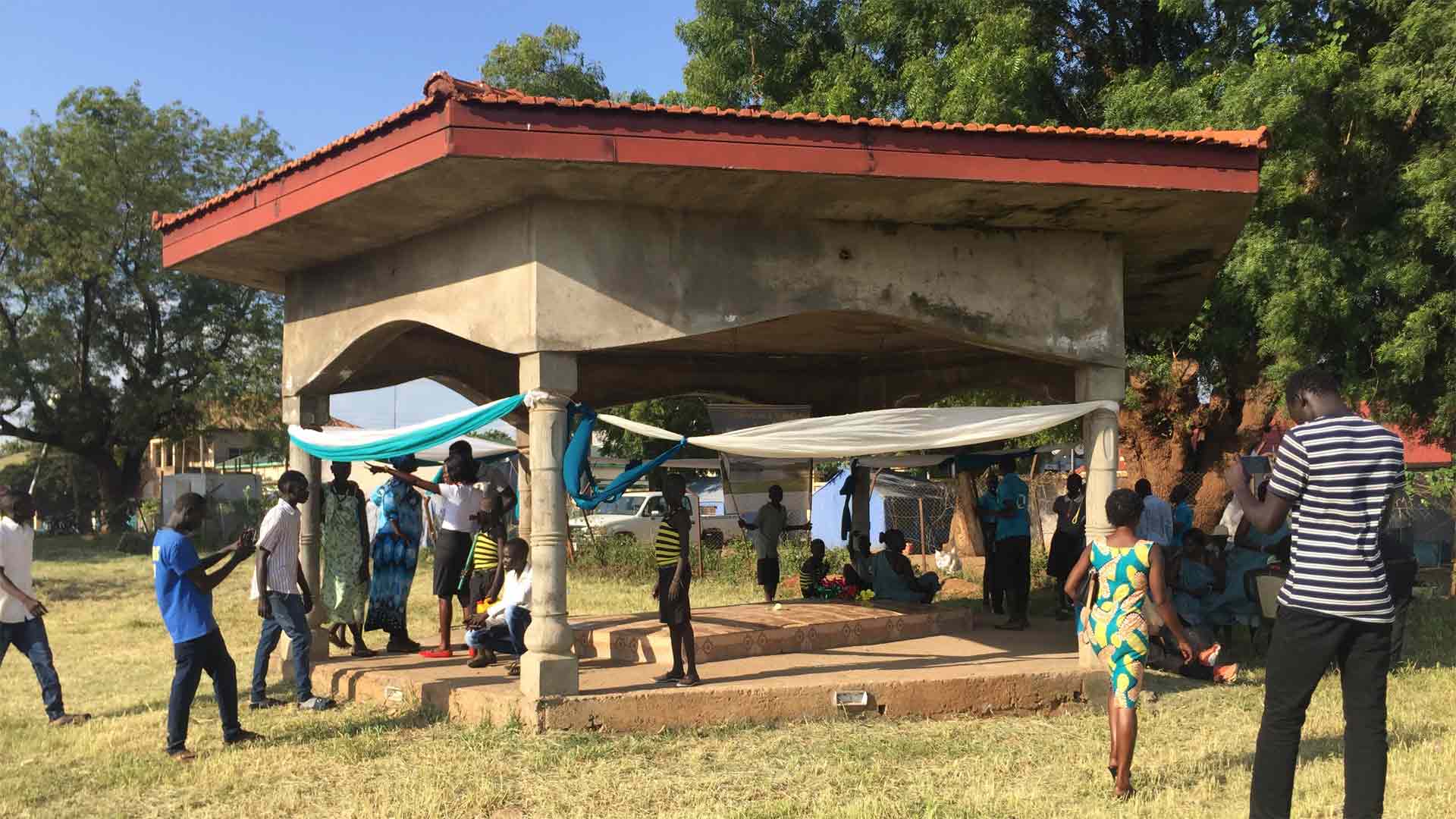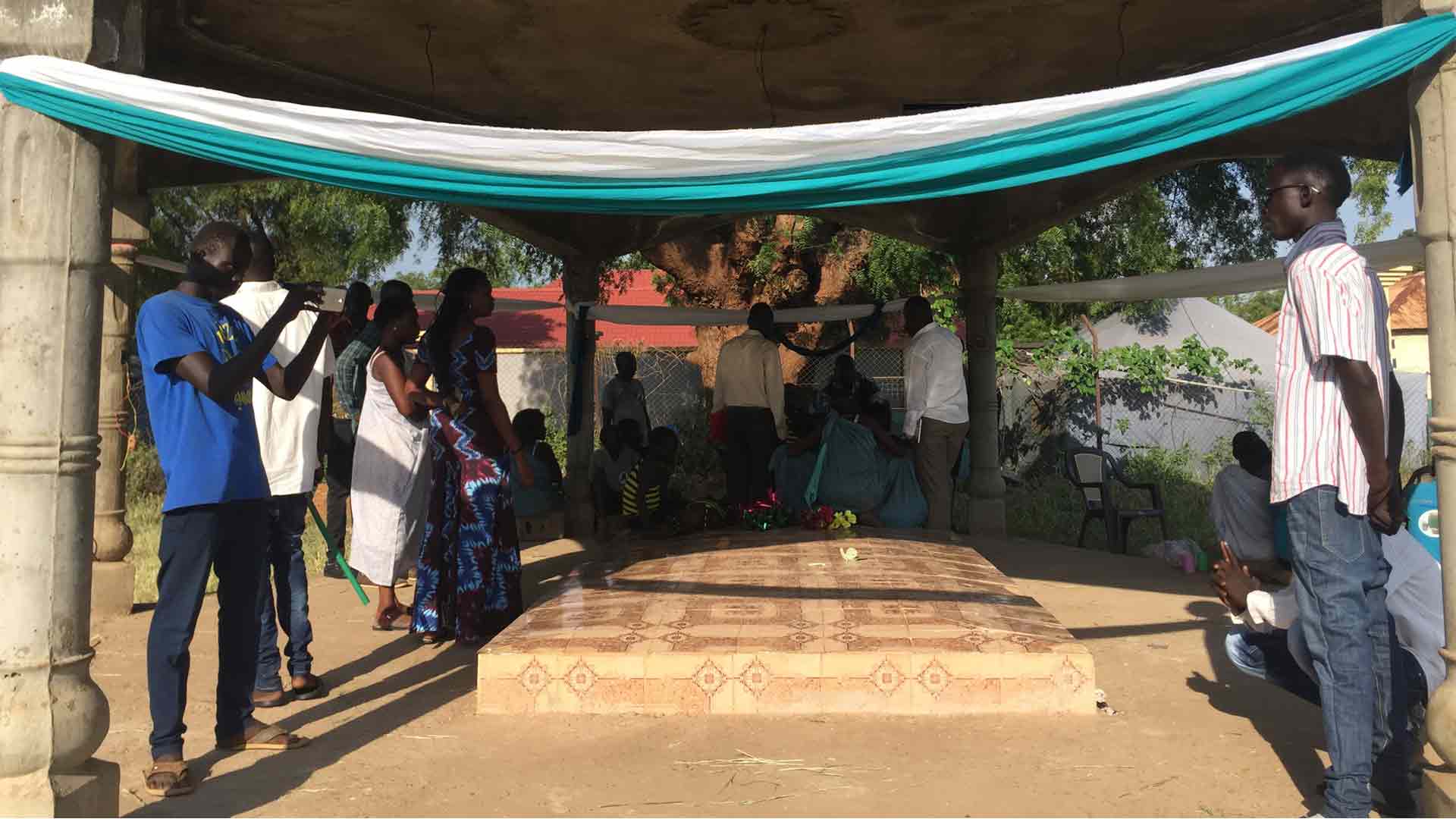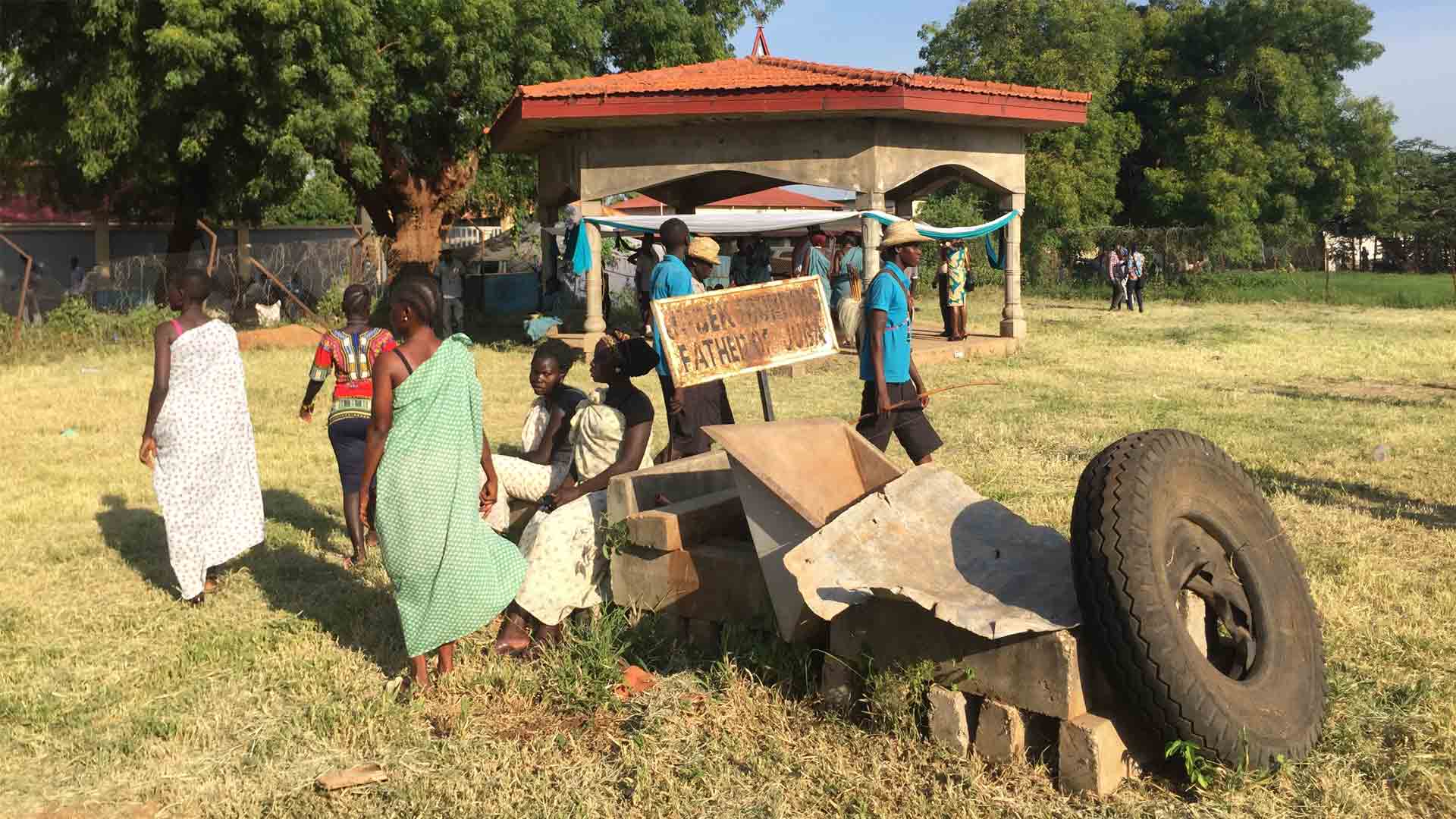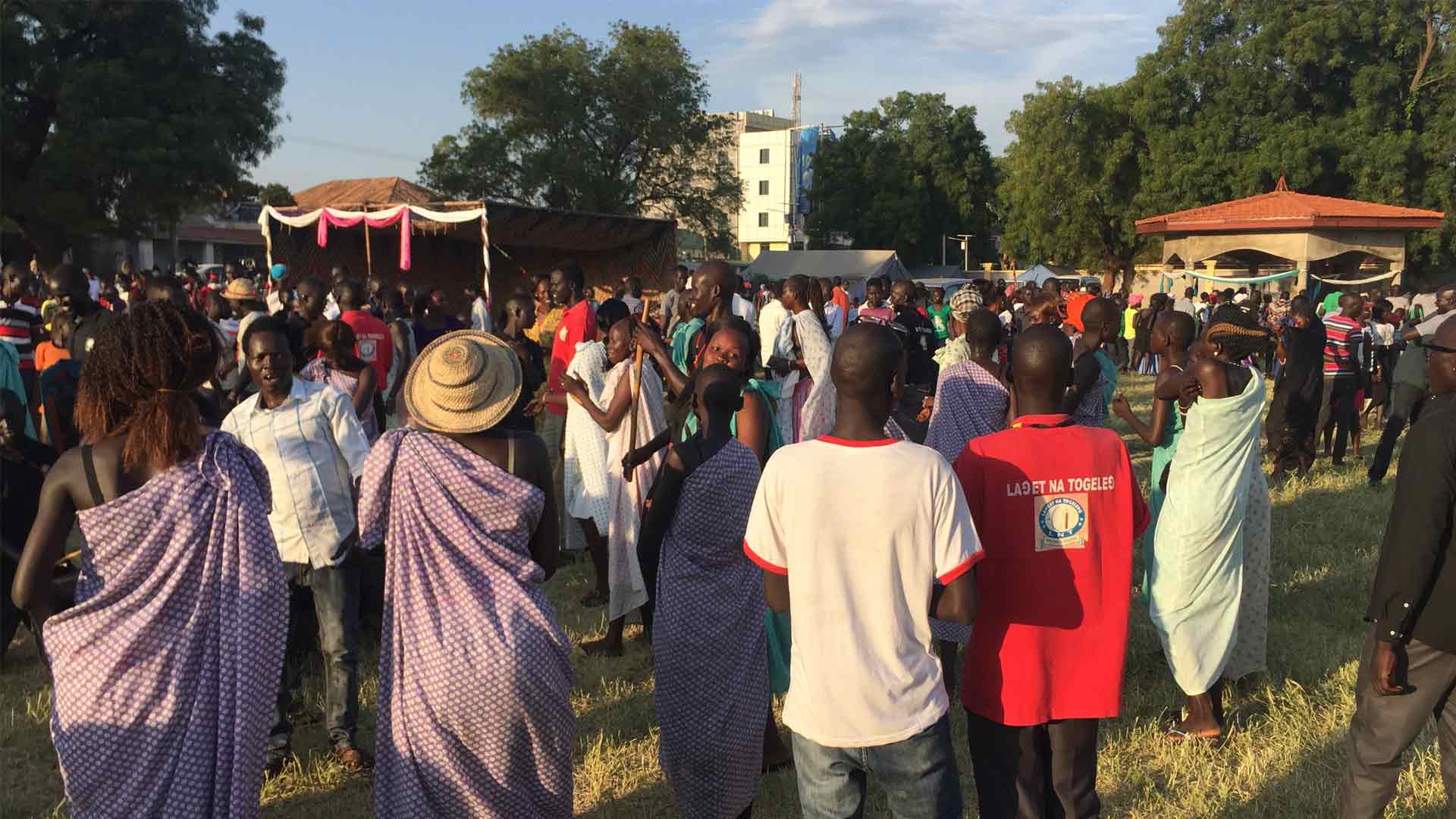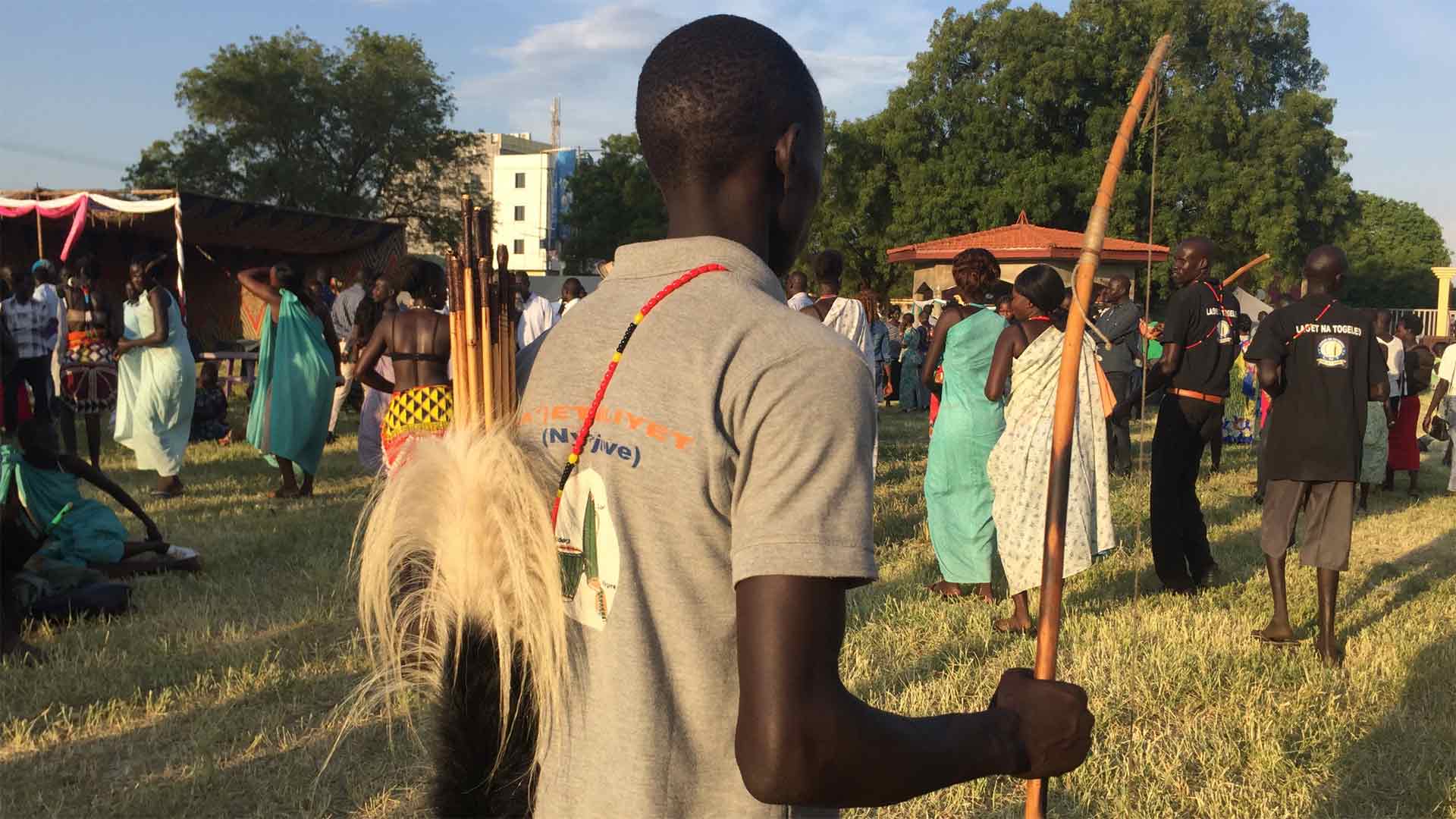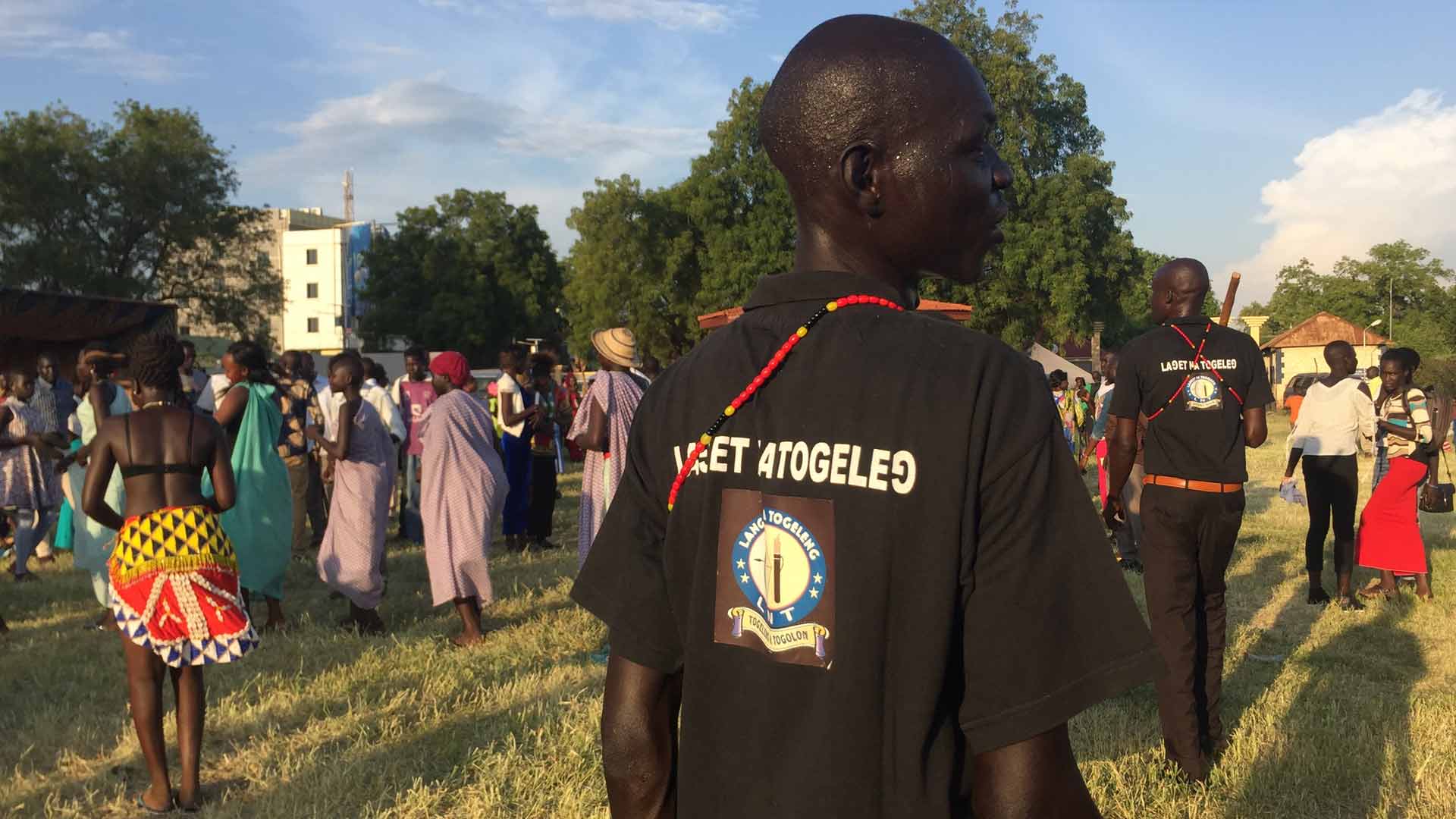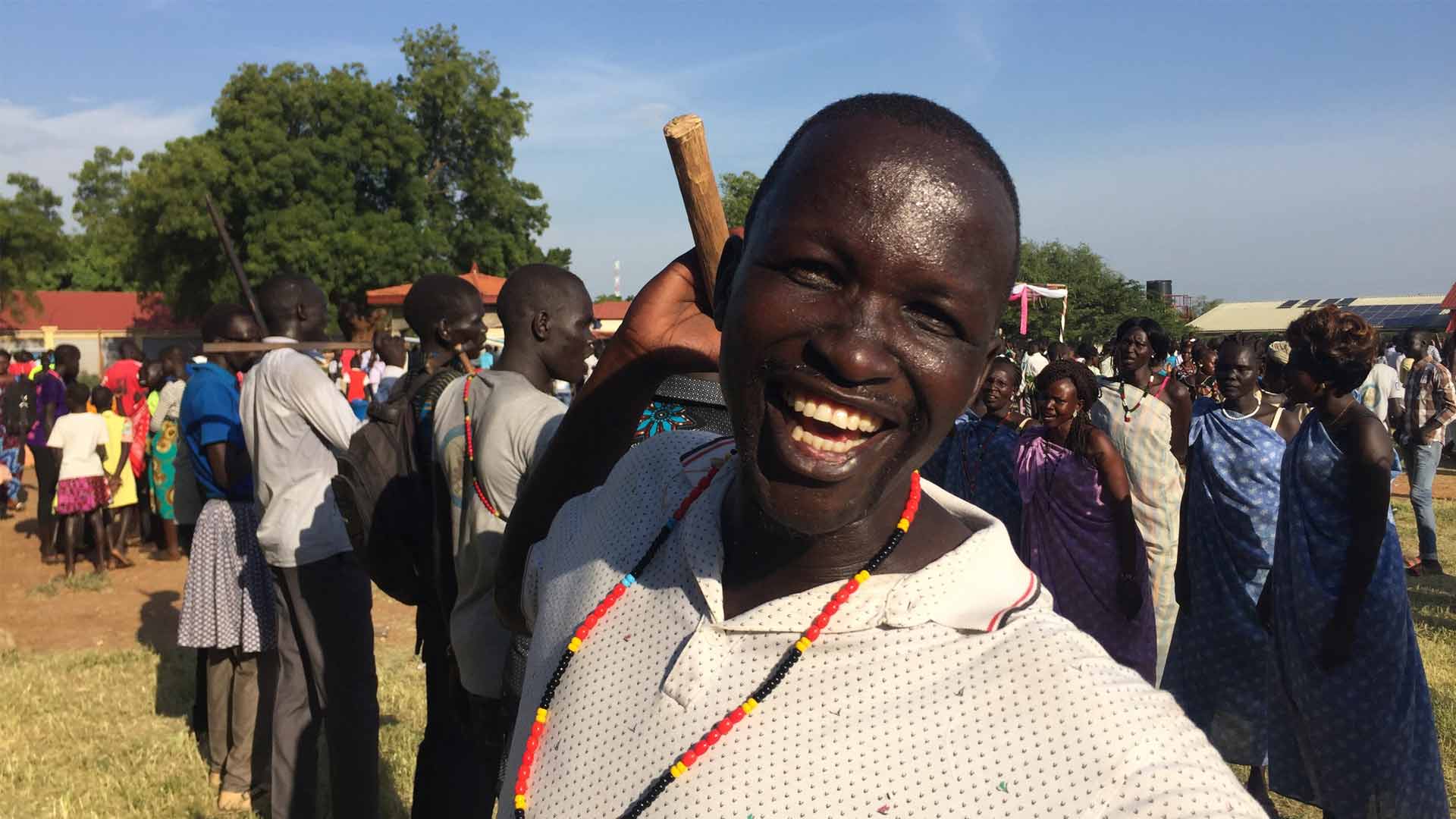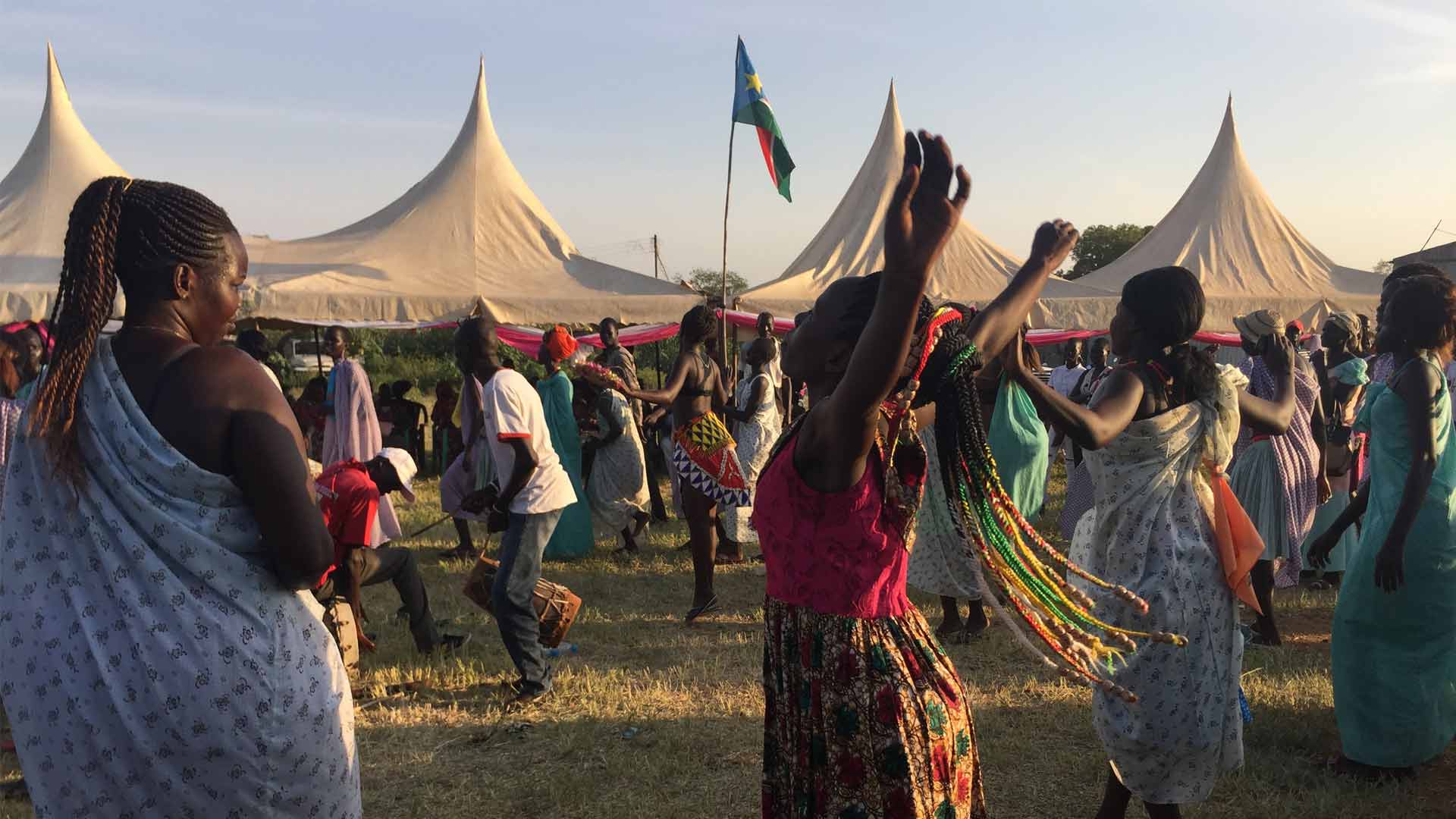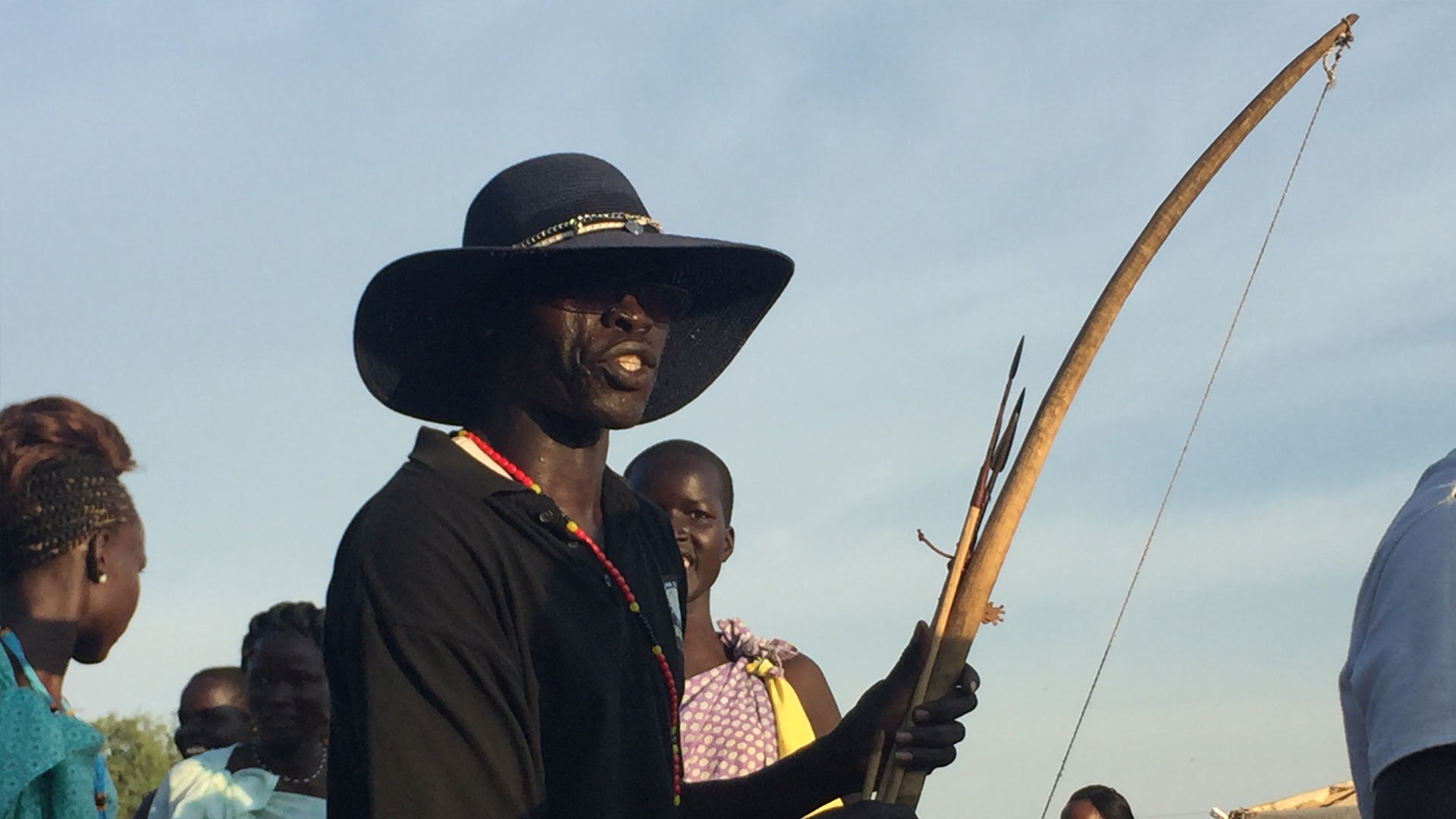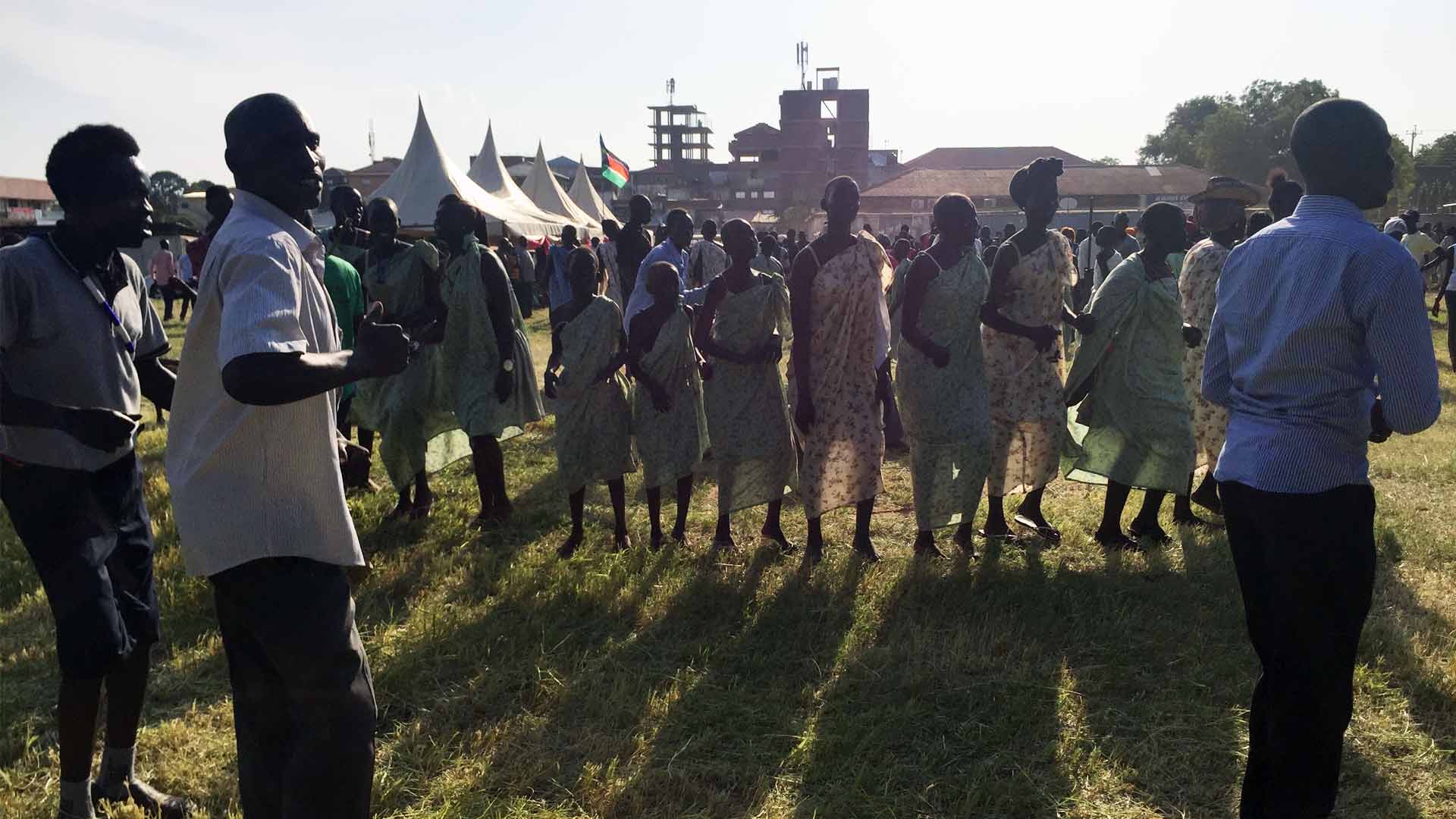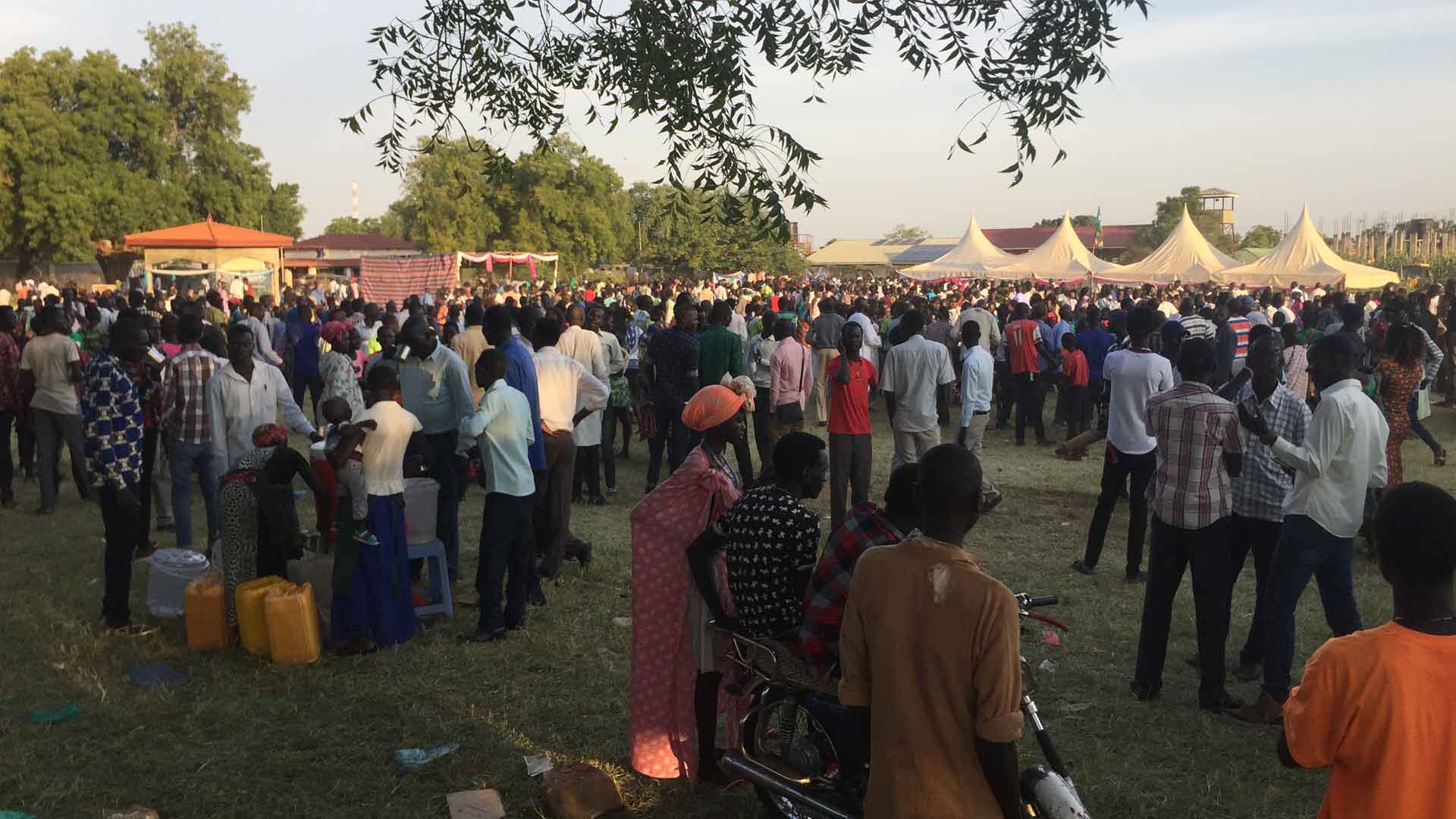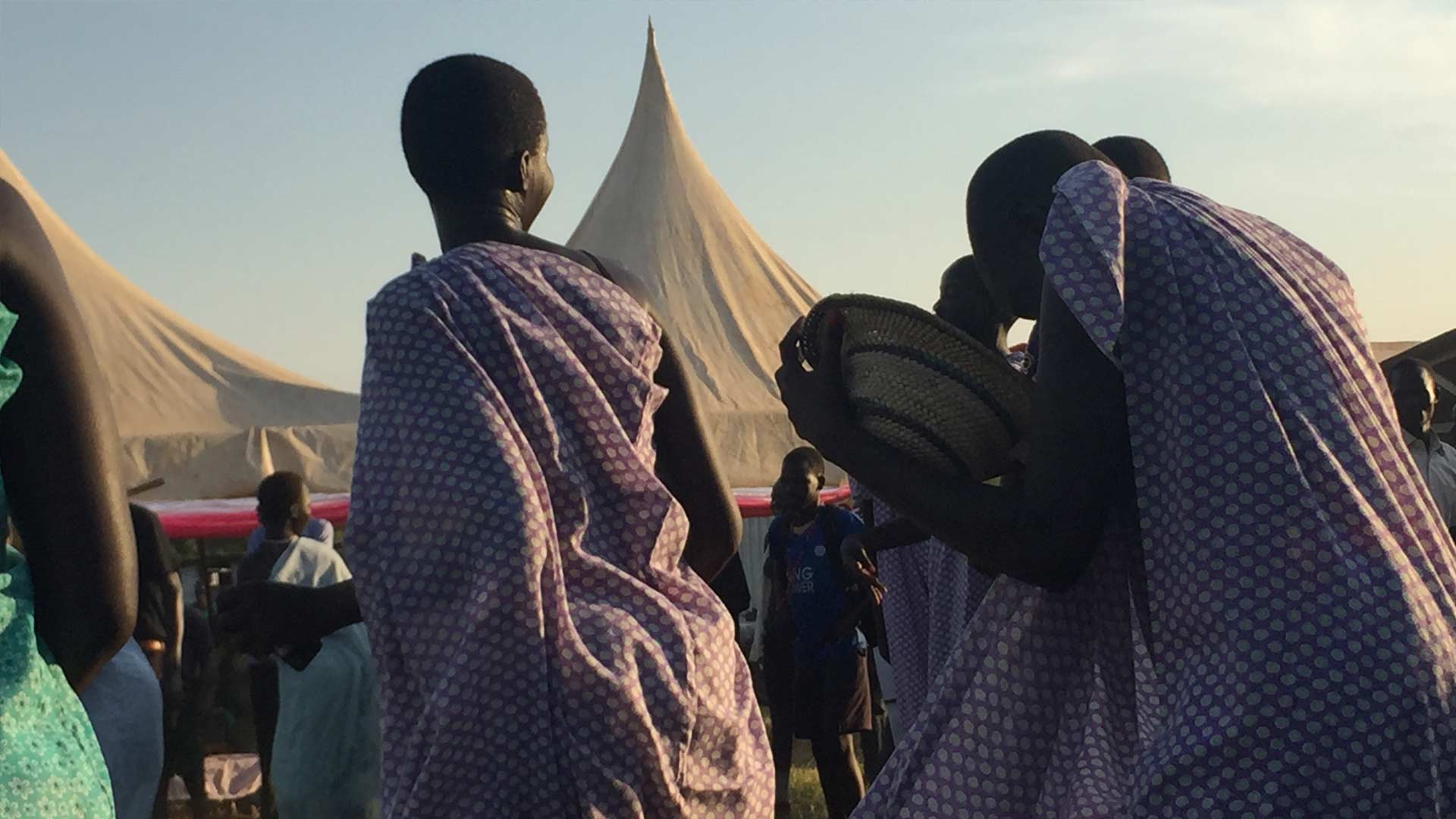Jubek’s Grave
Jubek was born in the last years of the 19th century. He is widely considered as the man after whom Juba was named, the founding father of the city.
According to Juba elders, he was the leader of a clan of the Bari people, who lived on the land where the Anglo-Egyptian colonial authorities chose to establish the southern headquarters of the Sudan, around 1921. Greek traders were already present in the area and, according to some accounts, suggested to the colonial power to relocate its administrative centre from Rajaf, a few kilometres up the White Nile, to Juba. The reason was that Rajaf wasn’t accessible by boat. Jubek and his clan had no choice but to vacate their land to allow for the development of the modern city. They were relocated to an area called Juba Na Bari, “the Juba of the Baris” in Bari language.
Jubek’s grave was erected in 2010 on the very land he was displaced from at the beginning of Juba, and the Bari community has developed it into a memorial, claiming recognition for the history of their ancestors and how the development of the modern city affected them. Jubek’s memory is celebrated every year on July 8, on the eve of South Sudan Independence’s anniversary. The Bari community gathers at the grave’s site and performs traditional dances and songs, an occasion to reaffirm their presence and heritage in a capital city marked by tensions over land ownership.
The site also hosts the graves of senior South Sudanese politicians Hilary Logali and Daniel Jumi.



